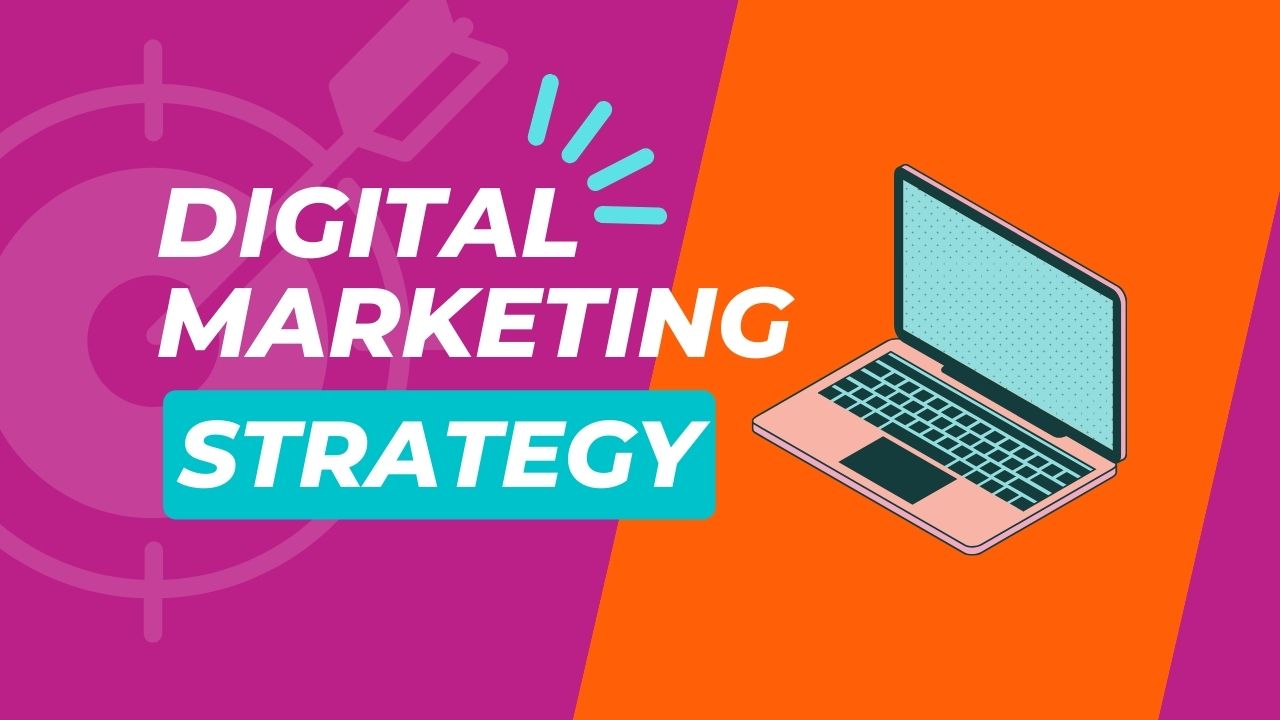Every small business needs marketing in the beginning to grow.
But they don't know the strategies about digital marketing how it works then they hire someone who will do this work for them.
But we can provide you with some basic knowledge on how you can grow your business with digital marketing.
Creating an effective digital marketing strategy for small businesses is crucial in today's competitive online landscape. With limited resources and budget, it's essential to focus on strategies that offer the best return on investment.
Here's a step-by-step guide to help you develop a successful digital marketing strategy for your small business:

1. Define Your Goals
Start by identifying your business objectives. What do you want to achieve with your digital marketing efforts? Common goals include increasing brand awareness, driving website traffic, generating leads, and boosting sales. Make sure your goals are specific, measurable, achievable, relevant, and time-bound (SMART).
2. Know Your Target Audience
Understand your ideal customers and create detailed buyer personas. This will help you tailor your marketing efforts to reach the right people with the right messages. Consider factors like age, gender, location, interests, and pain points.
3. Competitive Analysis
Analyze your competitors to identify their strengths and weaknesses. This will help you discover opportunities and gaps in the market that you can leverage in your strategy.
4. Choose the Right Digital Channels
There are various digital marketing channels to consider, such as:
- Social Media Marketing: Choose platforms where your audience is active.
- Content Marketing: Create valuable, informative, and engaging content.
- Email Marketing: Build and nurture relationships with your audience.
- Search Engine Optimization (SEO): Improve your website's visibility on search engines.
- Paid Advertising: Invest in paid campaigns like Google Ads or social media ads.
- Influencer Marketing: Collaborate with relevant influencers in your niche. Select the channels that align with your target audience and goals.
5. Budget Allocation
Allocate your budget based on the channels that offer the best ROI for your business. Be realistic about what you can afford and track your expenses carefully.
6. Content Strategy
Create a content calendar outlining the type of content you'll produce, how often you'll post, and the topics you'll cover. Content should be valuable, relevant, and shareable.
7. Website Optimization
Ensure your website is user-friendly, mobile-responsive, and optimized for SEO. Fast-loading pages and a clear call-to-action can significantly improve your site's performance.
8. Social Media Strategy
Develop a social media strategy that includes consistent posting, engagement with your audience, and the use of relevant hashtags and keywords. Use social media analytics to track performance.
9. Email Marketing
Build an email list and create segmented email campaigns to nurture leads and encourage repeat business. Personalize your emails for better engagement.
10. Paid Advertising
If your budget allows, consider running paid ad campaigns on platforms like Google Ads or social media. Monitor and adjust these campaigns to improve their effectiveness.
11. Measurement and Analysis
Regularly track and analyze key performance indicators (KPIs) related to your goals. Use tools like Google Analytics, social media insights, and email marketing analytics to assess your progress.
12. Adapt and Evolve
Digital marketing is an ever-changing landscape. Be open to adapting your strategy based on what's working and what isn't. Stay updated with industry trends and be willing to experiment with new approaches.
13. Seek Professional Help
If digital marketing is not your expertise, consider hiring a digital marketing agency or consultant who can provide guidance and execute your strategy effectively.
Conclusion
Remember that building an effective digital marketing strategy takes time and consistent effort. Small businesses may not see immediate results, but with persistence and data-driven decision-making, you can achieve your goals and grow your online presence.






